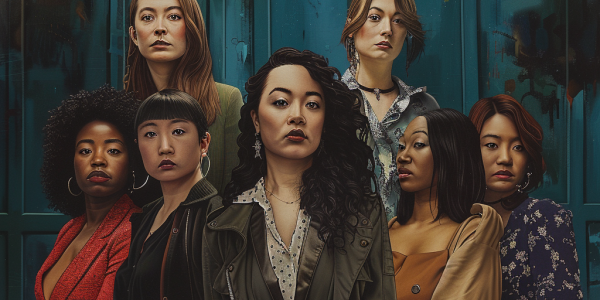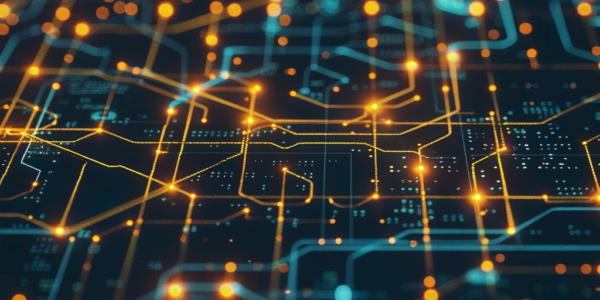OpenAI Copyright Claim on r/ChatGPT Logo Sparks Controversy
OpenAI issues a copyright claim against the subreddit r/ChatGPT for unauthorized use of their logo, sparking a competition for a new profile picture. Despite clarifying no affiliation with OpenAI, the moderators face backlash. Community response criticizes OpenAI’s actions, calling for a halt to the copyright dispute.
Artists Sue Google for Copyright Infringement in AI Image Generator
A group of artists, including photographer Jingna Zhang and illustrators Sarah Andersen, Hope Larson, and Jessica Fink, have filed a lawsuit against Google for copyright infringement related to the use of their works in the tech giant’s AI image generator. The artists claim that Google utilized datasets containing their creations without proper authorization, sparking a broader conversation about the intersection of AI technology and intellectual property rights.
Shetland Dialect Version of Wordle Taken Down Due to Legal Threat
The creators of the Shetland dialect version of Wordle, called Wirdle, have been instructed to take it down due to a legal threat from the New York Times. I Hear Dee, the language group behind Wirdle, believes that free versions of Wordle in endangered languages do not infringe on the New York Times game. The New York Times clarified that the legal action was aimed at safeguarding its intellectual property rights in Wordle. This development has sparked discussions about the implications of copyright enforcement on language diversity and the availability of games in minority languages.
Quantum Computing and the Future of Copyright Law
A new study from the University of Exeter suggests that quantum computing will revolutionize copyright law, impacting the tracking and tracing of legal owners of artistic works. Dr. James Griffin highlights the potential for quantum computers to make judgment calls on copyright infringements, while also predicting a rise in unauthorized reuse of copyrighted materials. The study also anticipates an increase in enforcement of copyright law through technological protection measures, creating a complex landscape for copyright in the era of quantum computing.




